Perception is defined as how and what we see. However, it’s often confused with conception, which is where our conscious mind normally operates. Conception is when we label, evaluate, or create meaning from what we see. Perception happens before conception.
This is a topic I’ve written about many times over the years. However, in the last three months I’ve taken a deep dive into this fascinating subject, beginning with the book about artist Robert Irwin, Seeing is Forgetting the Name of the Thing One Sees. You’ll find a list of other books on this topic at the end of this post.
I’ve decided that perception is what I will focus on for the rest of my life. When I tell people that’s what I’m studying, I often get confused looks, as in how do you do that and what does it mean anyways? It’s hard to explain in a sound bite. Below, I’ll share some qualities of perception I discovered in the course of my reading, along with quotes and associated images.
Perception is primary and pre-cognitive.
It’s the foundation or ground of what we see, before we name or put labels on. There is not yet judgment or evaluation or even understanding.
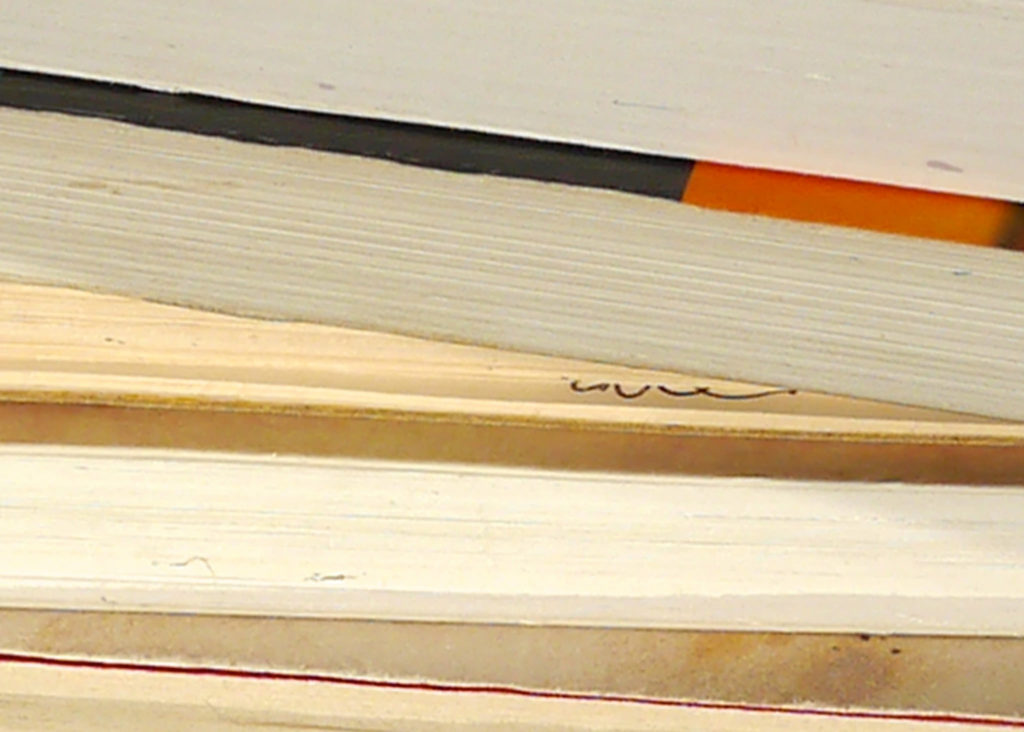
Resonant. It’s felt as a vibration.
“Perception is an attunement or synchronization between my own rhythms and the rhythms of the things themselves, their own tones and textures.”
~ David Abram, The Spell of the Sensuous
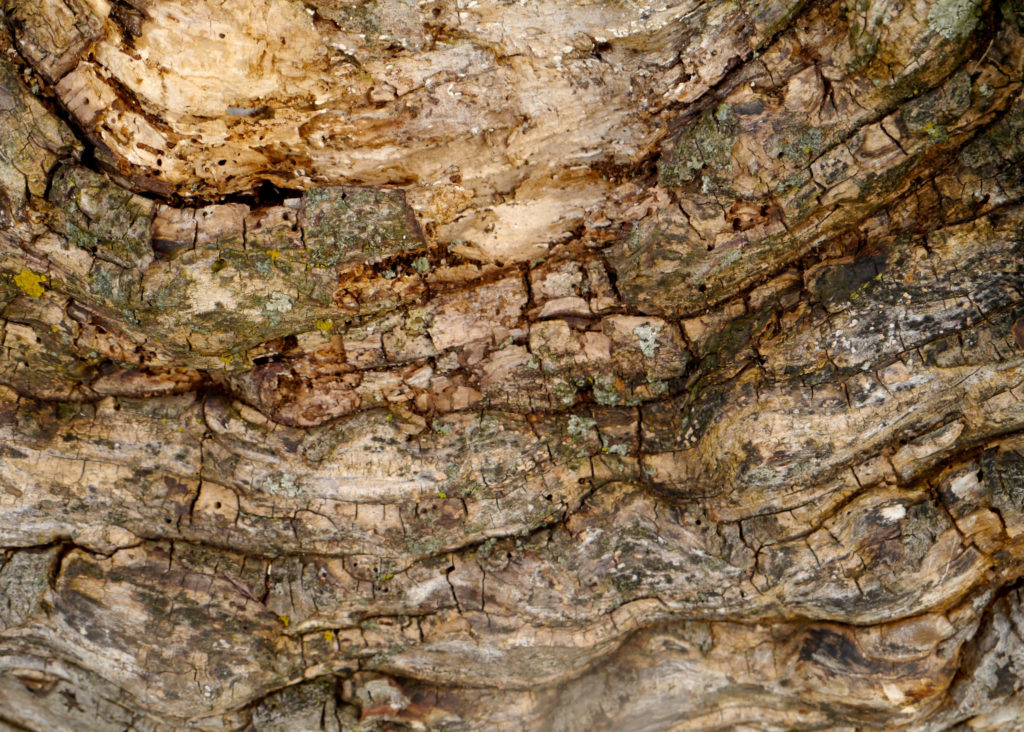
Sensual. An embodied experience through the senses, intuition, and emotions.
“It is only through the senses that we experience what it means to be fully human. It is only through the engaged senses that we are able to feel desire and intimacy, the great longing to be fully, wholly, and utterly in the world. But it is only through the honest and engaged senses that we will come to appreciate the living world as it truly is, both wildly beautiful and endangered. Cultivating our perceptual capacity is fundamentally related to both the quality of our personal lives and restoring the quality of life on the planet.”
~ Laura Sewall, Sight and Sensibility

Dynamic. Ever changing.
“Things disclose themselves to our immediate perception as vectors, as styles of unfolding – not as finished chunks of matter given once and for all, but as dynamic ways of engaging the senses and modulating the body. Each thing, each phenomenon has the power to reach us and influence us. Every phenomenon, in other words, is potentially expressive.”
~ David Abram, The Spell of the Sensuous

Timeless.
“A flash of perception is a gap in the thinking process – a moment when we are suddenly stopped by something startling or shocking or absorbing. Time comes to a standstill and we are totally present. There are no concepts, judgments, or labels – just pure, direct, seeing.”
~ Michael Wood and Andy Karr, The Practice of Contemplative Photography
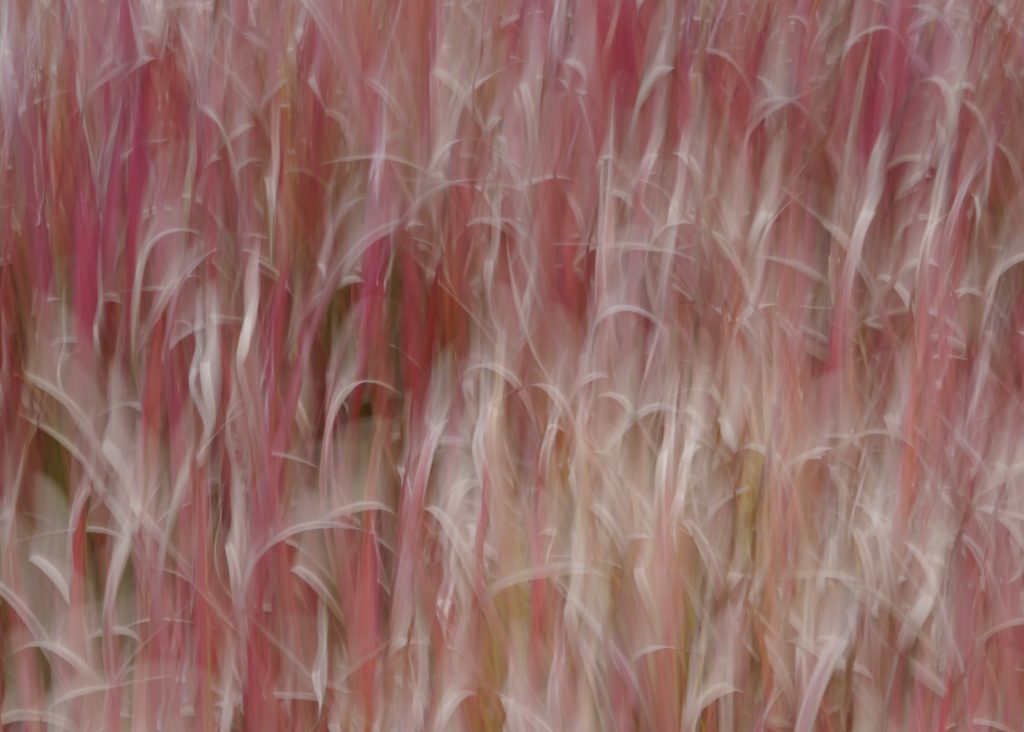
Reciprocal. It’s how we connect with the world.
“Perception is the dynamic ground of our many relationships with the world, the energetic movement between what is inside of us and what is out there. It can be the ground for a sensuous, even ecstatic relationship with the world.”
~ Laura Sewall, Sight and Sensibility
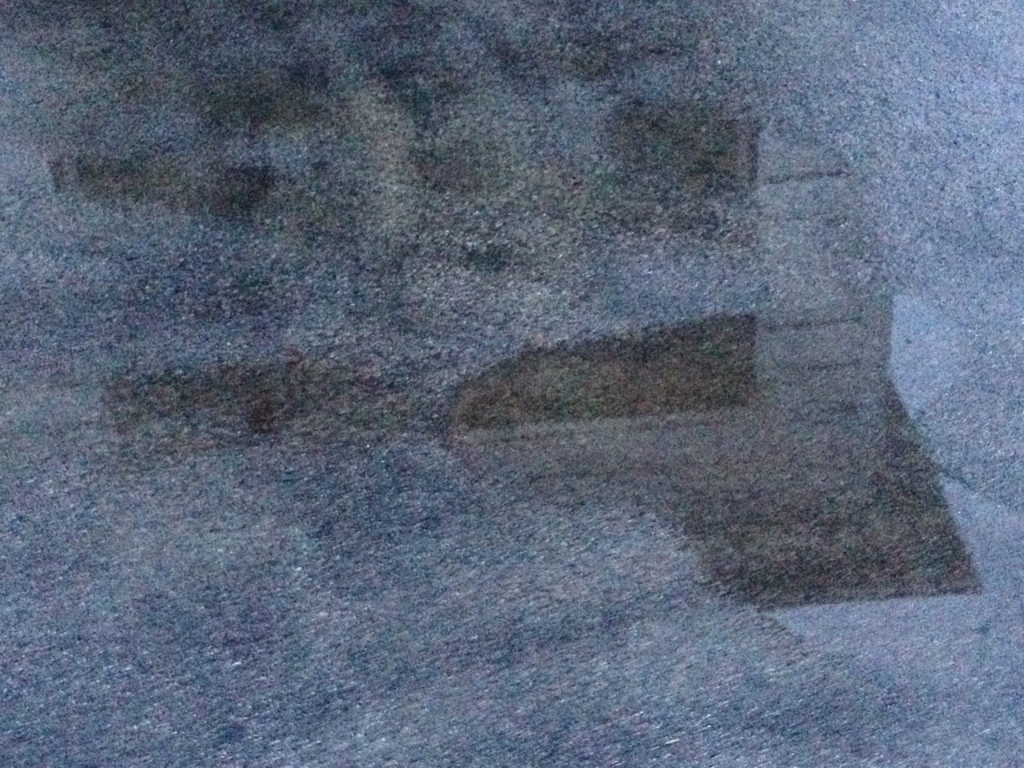
Inclusive.
Perception takes in everything, not just particular objects, but also what we see but don’t register, like foreground, background, space, periphery, etc. Much of these things we filter out of our cognition.

Relational.
“It’s a shift from seeing a world made up of things to seeing a world that’s open and primarily made up of relationships, where whatever is manifest, whatever we see, touch, feel, taste and hear, whatever seems most real to us, is actually not substantial. A deeper level of reality exists beyond anything we can articulate.”
~ Peter Senge via Sight and Sensibility

Non-narrative. It’s what you see, not the story of what you see.
Perception is at it is – no story, no judgment, no meaning. It can be disorienting or confusing. You might not understand what you’re seeing.
“Eliminate theme, story, even yourself. Know something as it is without comparing/contrasting it with something else. Re-examine your expectation of what a photograph can be. Be willing to be confused, to re-orient to a new way of seeing.”
~ Uta Barth
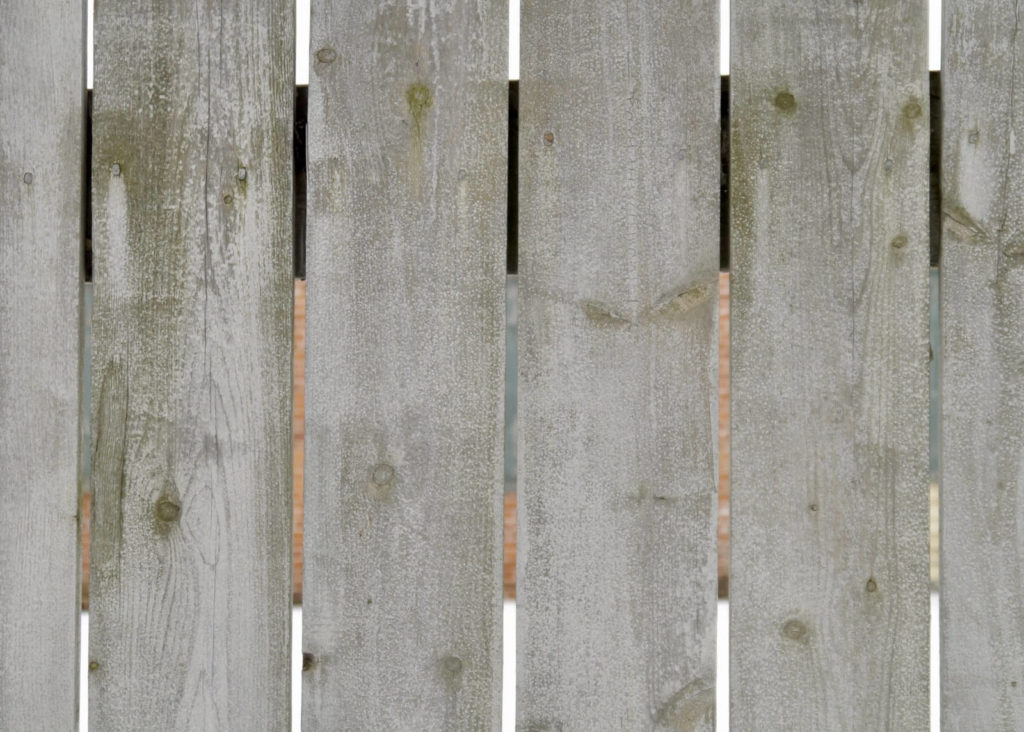
Unique. Your perceptions are like no one else’s.
“We will never know what reality looks like through someone else’s eyes, and that’s what makes us unique. This is what makes us special and this is what gives us meaning. Perception is life.”
~ Jacob Maren
Yes, so true. So enough of everyone else’s ideas on perception. What is the experience of perception for me? It’s going to the floral showcase in the dead of winter and being surprised and enthralled by the condensation on the greenhouse glass. Mesmerized by the soft palette of colours and subtle textures created by water drops. Knowing that there’s more to this attraction than colour and texture alone, that it’s a subconscious knowing that THIS is it, the reality of the moment. I am completely here right now.
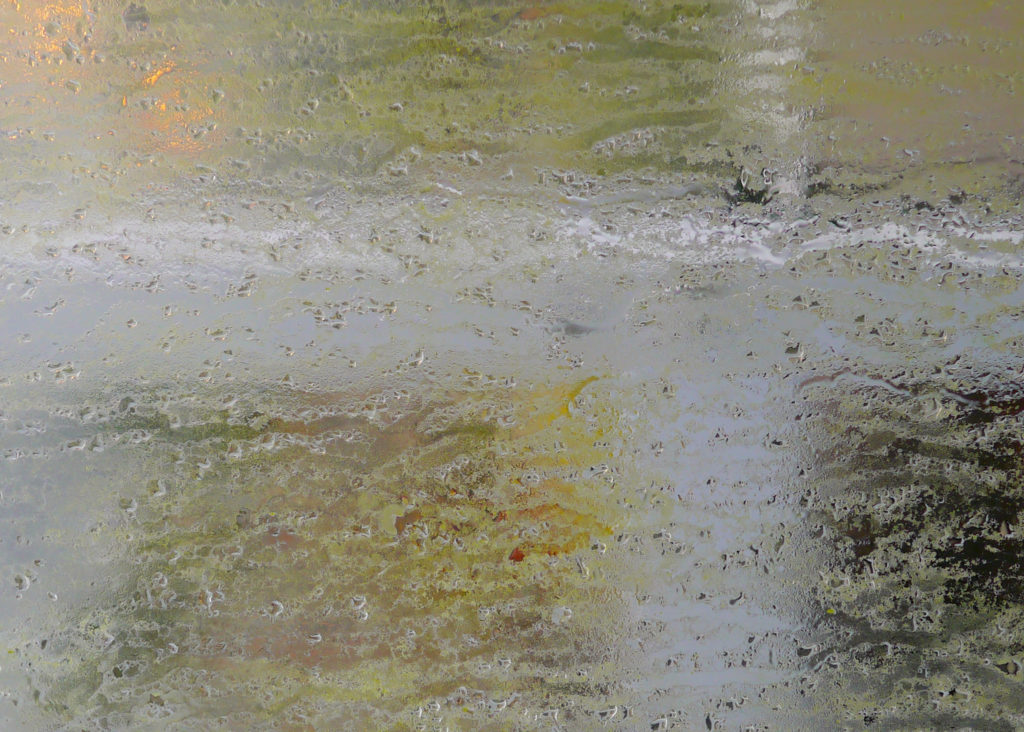
Why is it important to become aware of your perceptions? Because they create your worldview, your reality. And, it’s always open to change. Or, should be.
“Reality is what we take to be true. What we take to be true is what we believe. What we believe is based upon our perceptions. What we perceive depends on what we look for. What we look for depends on what we think. What we think depends on what we perceive. What we perceive determines what we believe. What we believe determines what we take to be true. What we take to be true is our reality.” – Physicist David Bohm via Brain Pickings
Exercise: Practice noticing and photographing your unique perceptions. They are happening all the time. And, there are endless possibilities for practice. Let go of making a great photograph. Instead, focus on being open and receive what’s already there. See the radiance and photograph that. Practice, practice, practice.
Exploring perception is a lifelong practice. I’ll be delving deeper into these aspects of perception over the coming months.
Books on Perception
** Books mentioned have Amazon or Bookshop affiliate links, meaning I make a few cents if you purchase through my link. I only recommend books that I’ve read.
Sight and Sensibility – Laura Sewall
The Spell of the Sensuous – David Abram
Effortless Beauty – Julie duBose
The Practice of Contemplative Photography – Michael Wood and Julie duBose
Seeing is Forgetting the Name of the Thing One Sees – Lawrence Weschler
Adventures in Seeing – Kim Manley Ort
Articles
Deep Perception, David Ulrich
Kim, thank you again for opening yourself to us and inviting us to explore our perceptions.